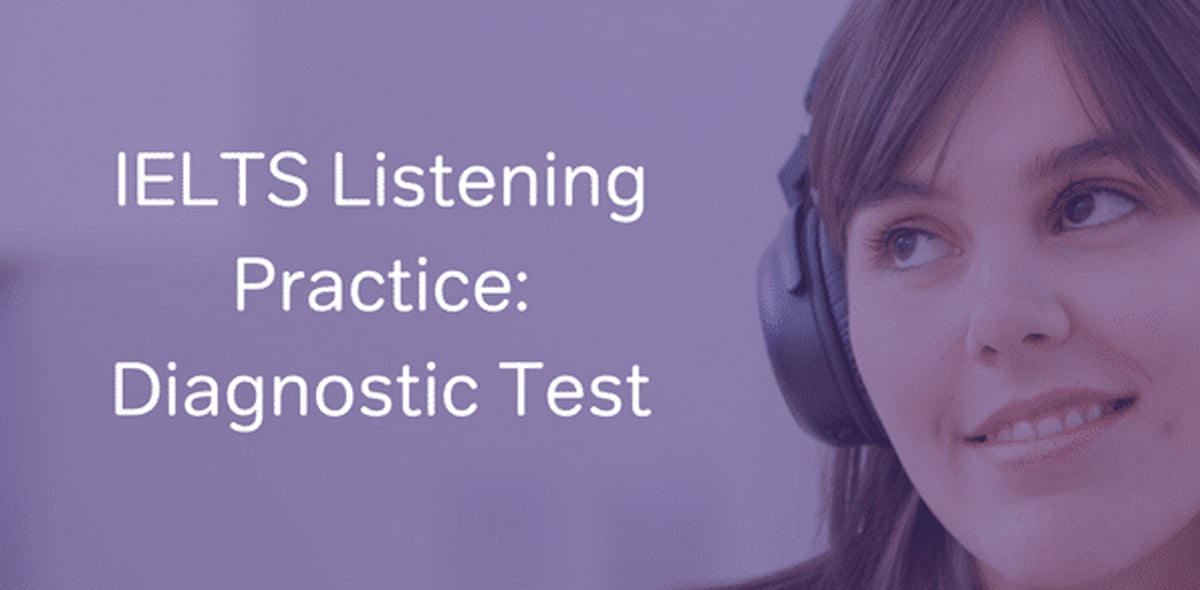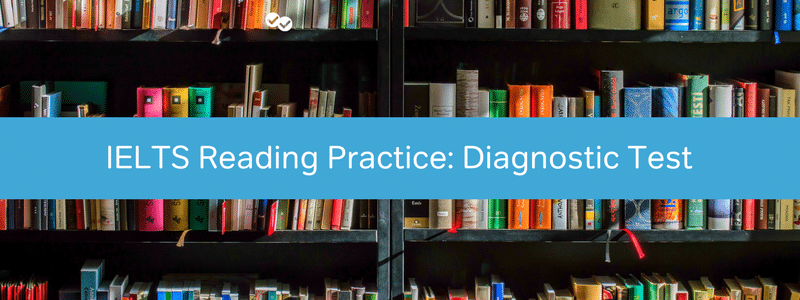So you want to master IELTS Listening. But how close are you to “mastery” right now? Not sure? No worries. Use Magoosh’s IELTS Listening Practice Test to get an idea of your current ability. In this IELTS Listening diagnostic you will listen to audio passages and answer questions just as you would on the real IELTS exam. Then, our automatic IELTS Listening Score Calculator will estimate your band level and provide you with an answer key to help you learn where you went right (and wrong)!

How This IELTS Listening Practice Test Works
This quiz contains two passages and 20 questions, and is half the length of an actual IELTS Listening section. Here, we’re using the first and fourth passages and question sets from the Magoosh’s full-length free IELTS Practice test.
Passage 1 is always the easiest passage in the section; the fourth and final passage is always the hardest. To account for these differences in difficulty, the first 10 questions in the quiz are worth 40% of the final score. Questions 31-40 are harder, and make up the remaining 60%.
This is just a rough estimate, of course. Be sure to keep practicing to get a clear, consistent idea of your IELTS Listening ability.
Take the IELTS Listening Diagnostic!
Your email address:
Your name:
IELTS Listening Score Calculator
Now that you’ve completed our IELTS Listening evaluation, you’re probably wondering how well you performed. Knowing your approximate band level is important for determining your baseline score. That way, when you take another IELTS Listening evaluation you’ll be able to compare your results and figure out how much you’ve improved.
Be sure to check your email to get your band range and quiz results. Keep that email safe—you may even want to retake this IELTS Listening diagnostic at a later date (once you’ve forgotten the questions and answers) and then compare your two sets of results.
IELTS Listening Prep: Your Next Steps
Once you’ve finished the IELTS Listening diagnostic quiz, Magoosh has some great additional materials for IELTS Listening prep. We offer a page of full IELTS Listening practice tests as well. And be sure to check out Magoosh’s Complete Guide to IELTS Listening. And consider a subscription to Magoosh IELTS Prep.
To measure your other IELTS skills, see our diagnostic quizzes for Reading, Writing, and Speaking!
And if you want to measure your skills on the test as a whole, and figure out how challenging the IELTS test may be for you, read our article “How Hard is the IELTS?”





Leave a Reply